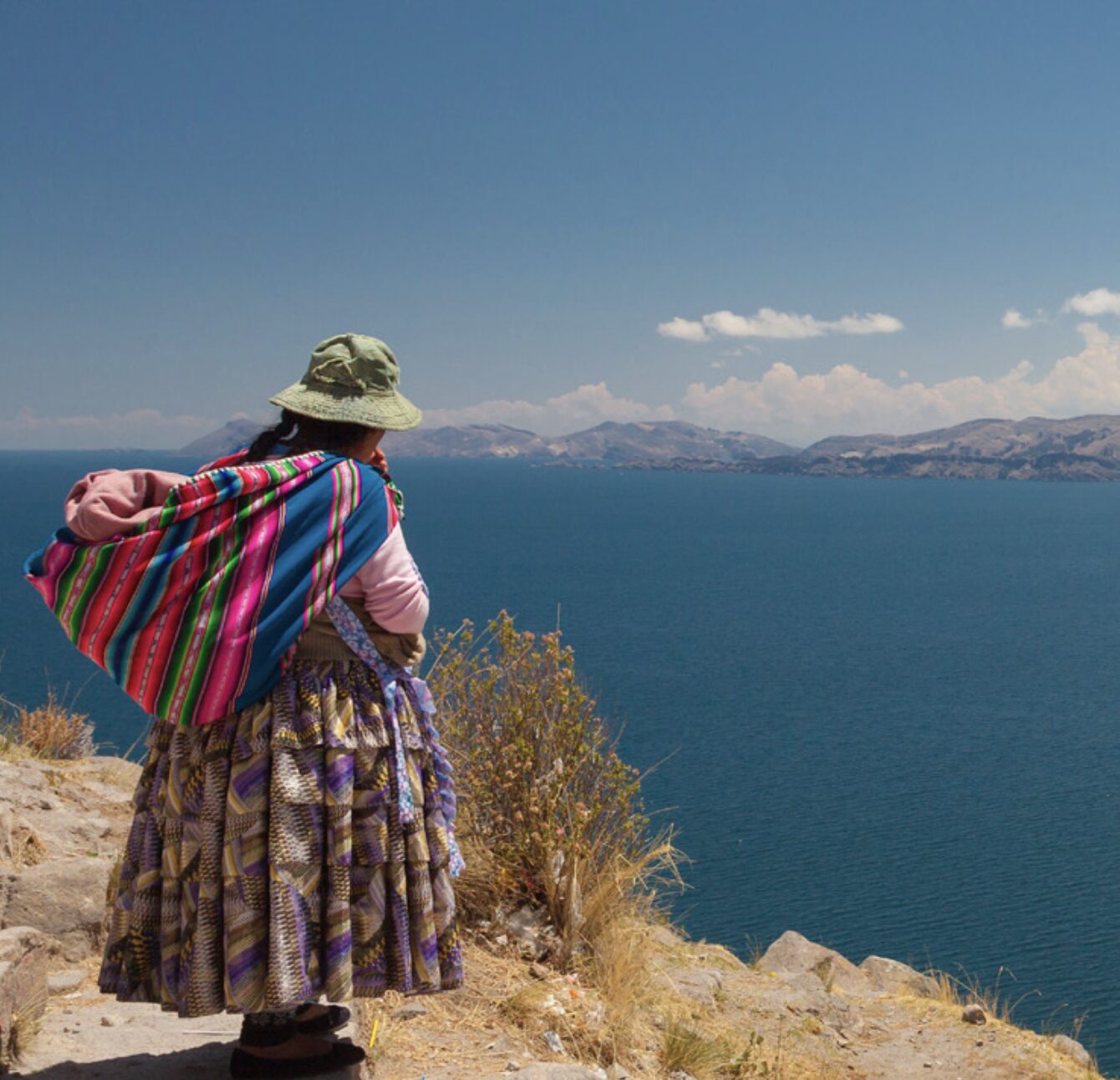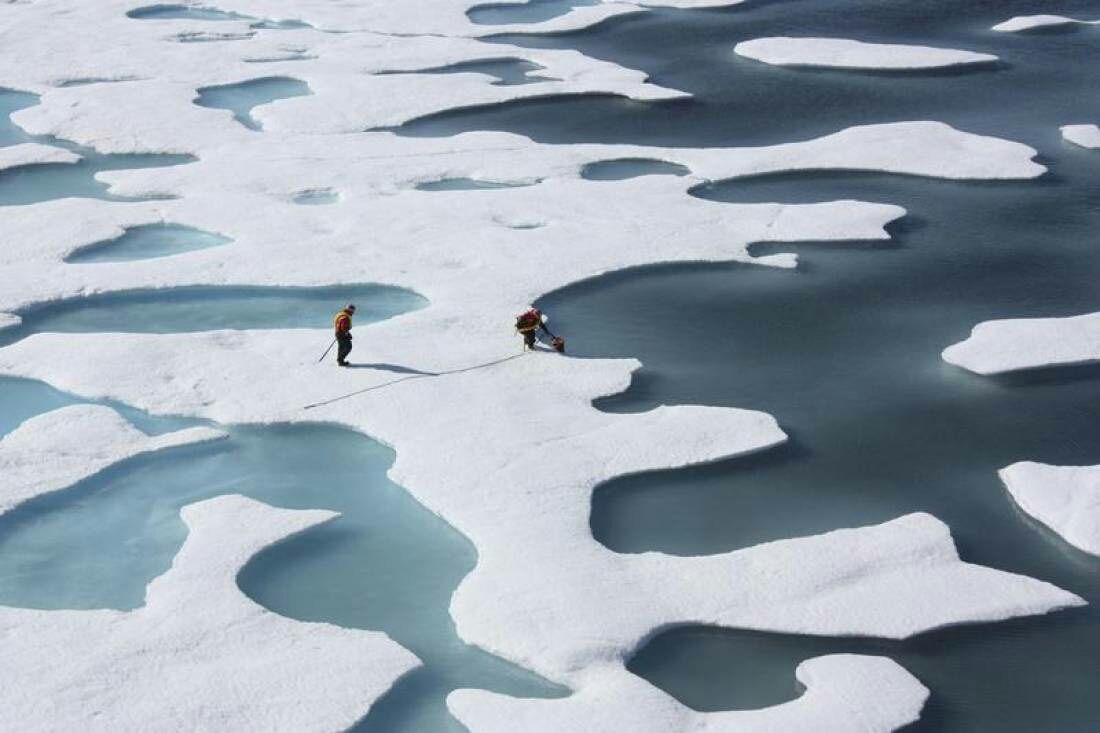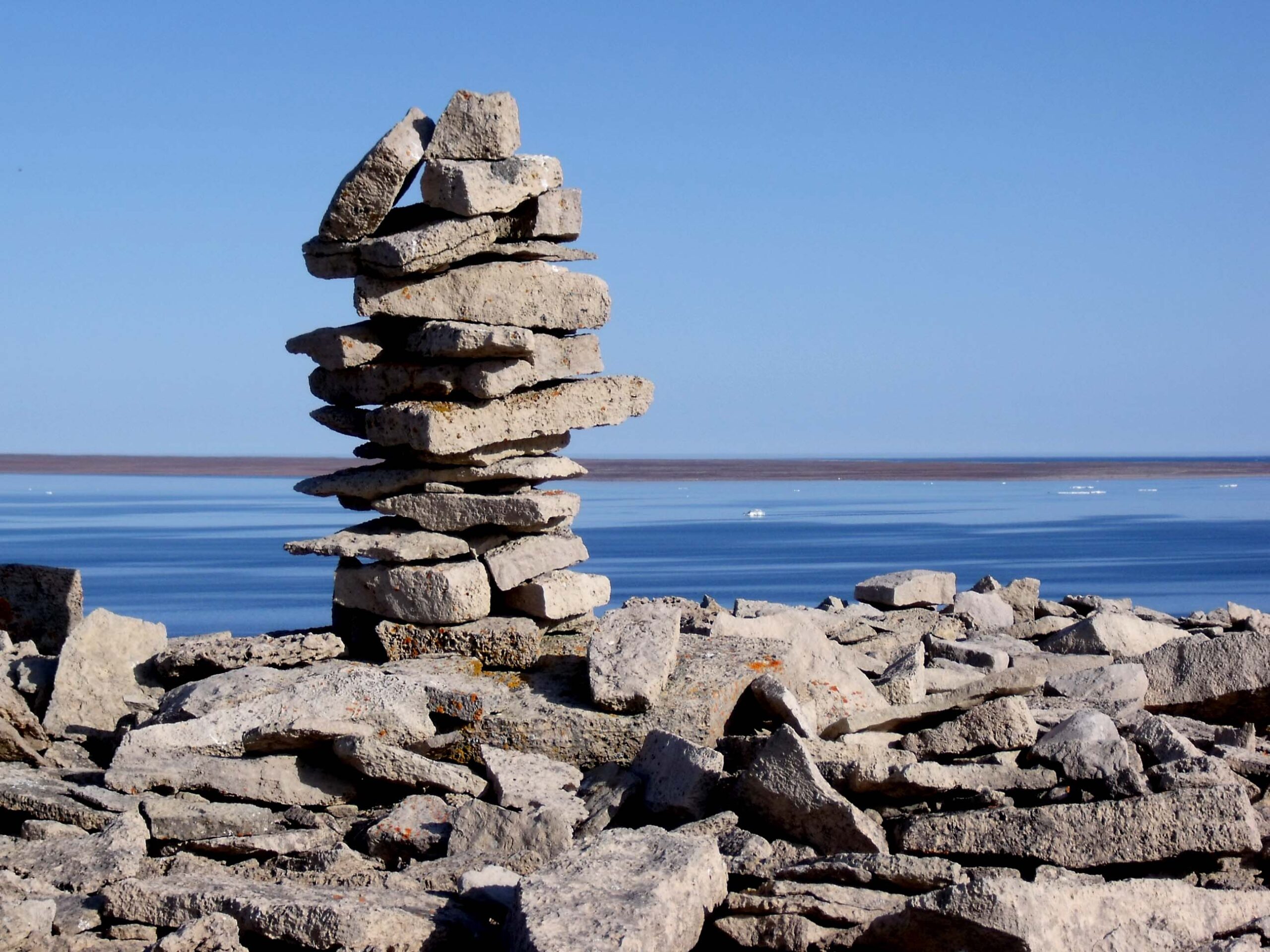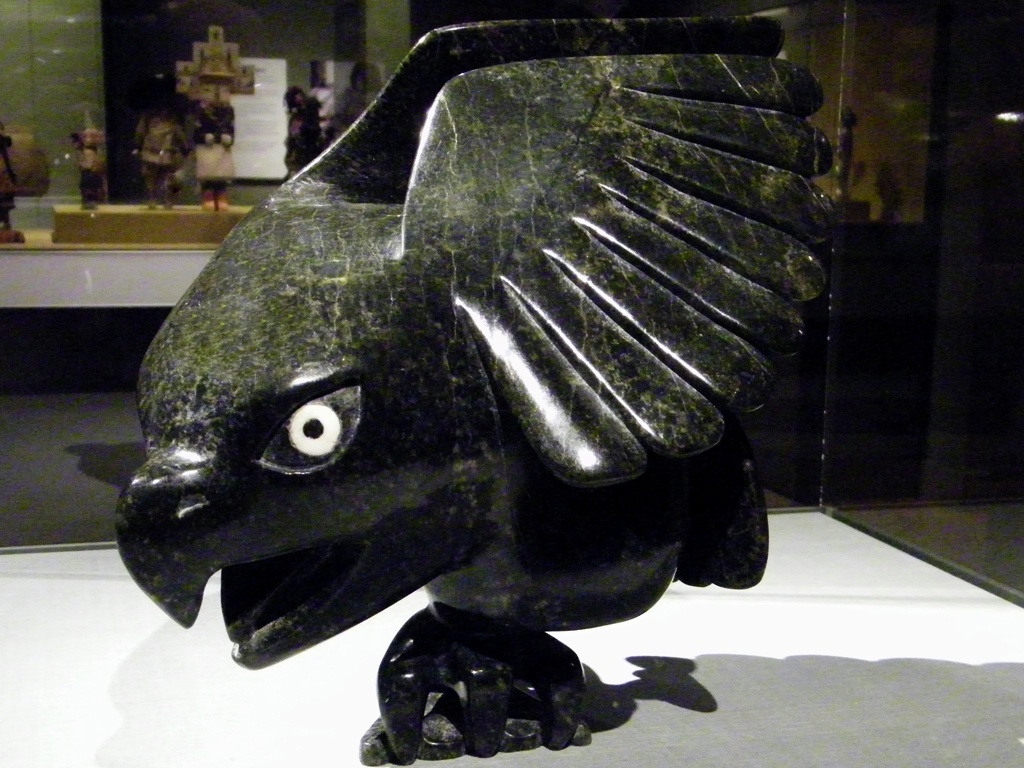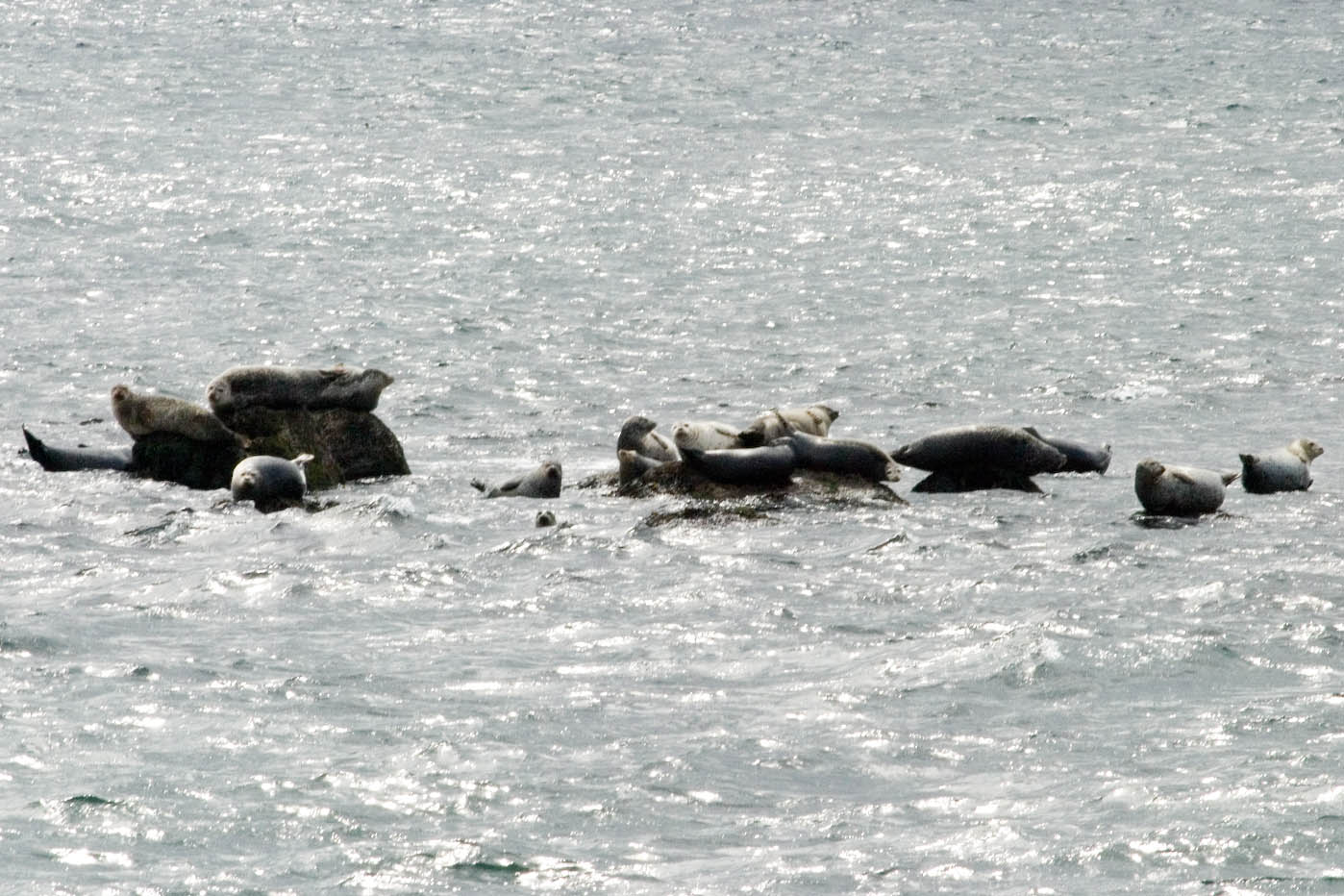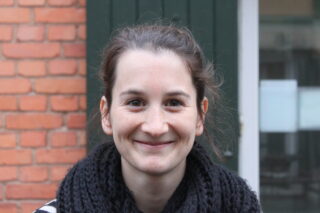
Claudia Strambo
Research Associate at the Stockholm Environment Institute, working with the Arctic Resilience Report.
Apoyando transiciones justas hacia un sector de agua sostenible en Bolivia
El estudio destaca la urgencia de transformaciones sociales y económicas para abordar el cambio climático y mejorar la gestión del agua en Bolivia.
Arctic Resilience Report 2016
This report is the culmination of a 5-year effort to better understand Arctic change, including critical tipping points, factors that support resilience and choices that strengthen adaptive capacity
Igloolik: Food (in)security in an Arctic Inuit community
Igloolik's food system has shifted from harvested traditional foods to a dual system combining these with store-bought imported food. But food insecurity remains and some adaptive capacity was lost.
Cape Dorset – Inuit art to cope with socio-ecological change
Inuit artists of Cape Dorset have leveraged art as a way to communicate ecological change and traditional knowledge to local youth and global decision makers, effectively enhancing their resilience.
Survival of fishing Sámi coastal settlements in Finnmark, Norway
In Finnmark, in the North of Norway, areas around the Porsanger and Varanger fjords have experienced a series of substantial social-ecological changes that have challenged Sámi peoples' livelihoods.
